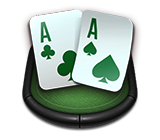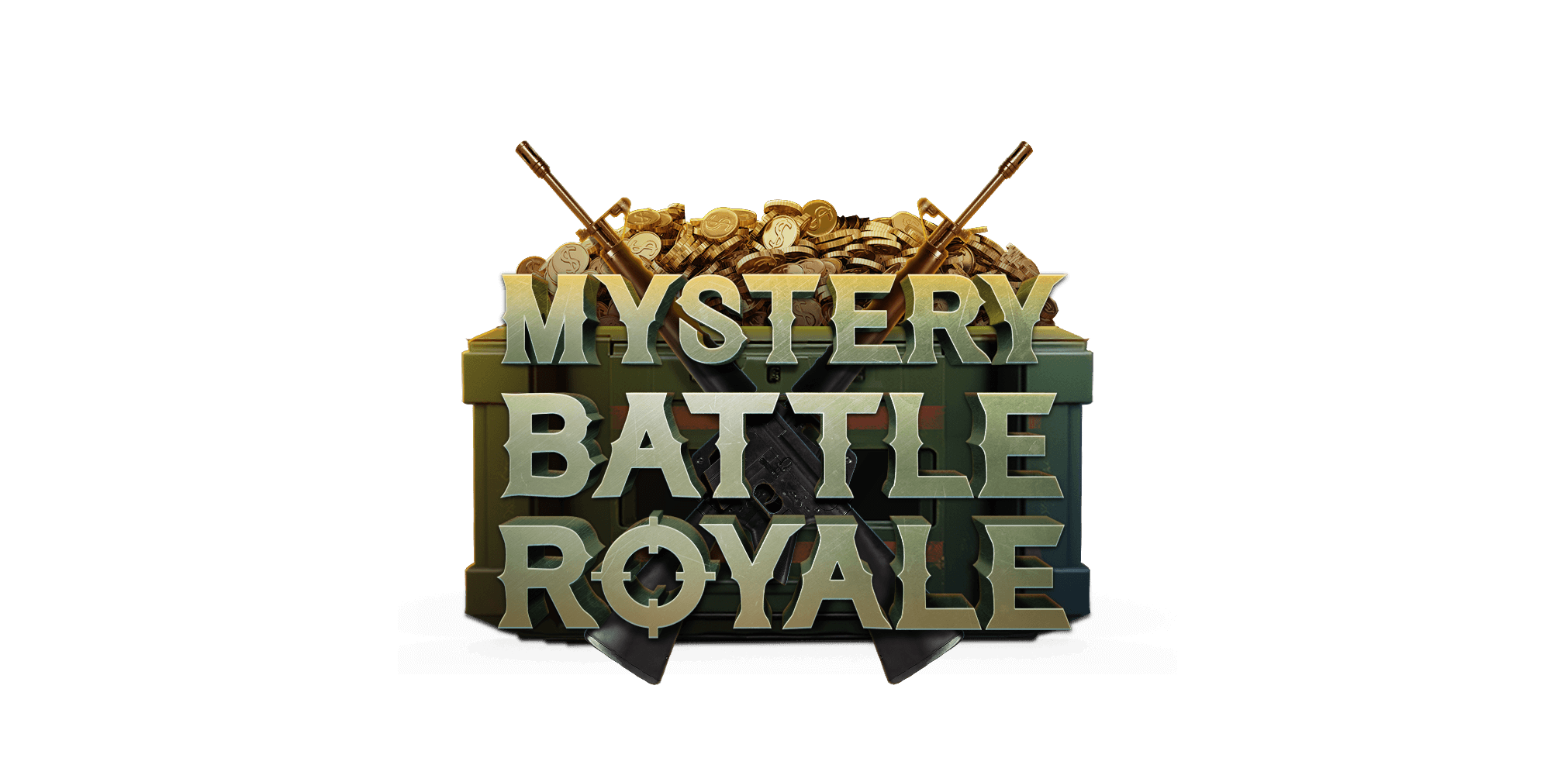
As rewarding as a big tournament score may be, playing MTTs regularly can be a real grind. Variance is high, and you can go for long periods without a positive result through no fault of your own. In this article, we’ll offer some tips and strategies to help improve your performance in Multi-Table Tournaments.
Multi-Table Poker Tournament Rules
Before you take part in your first multi-table tournament, there are a couple of things you should know. MTTs attract players with various playing styles who compete in different poker games. In the initial stages of poker tournaments, the blinds and pots are small, which creates perfect conditions for aggressive players to get ahead and try various strategies at multiple tables.
With time, the style of the game may change, focusing more on tight play instead of learning about your opponents. Towards the later stages of a tournament, players focus their energy on qualifying for the final table, where there is a chance for a big payout. Only about the top 10% of players can count on it.
Those who can get to the final table and make it to the top 3 are competing to win. The goal is to get to the pole position. The player with all the chips at the end of a tournament becomes its winner. But how to achieve that? Let's take a closer look.
Don’t Skip The Early Stages
Some MTT regulars are adamant that the earliest levels of a poker tournament don’t matter. Many will sit out entirely, and where late registration is possible, they will join at the last minute. However, there are many positives to playing from the very beginning of a tournament.
Firstly, the longer you play with someone, the more you learn about them. Participating from the start gives you more time to profile your opponents. Pay attention to the hands they show and build up an idea of their skills. In a similar vein, you also have more time to work on building your own table image.
Secondly, there will be players who are simply bad at playing in tournaments. They will likely bust early on and may not rebuy, if that’s an option. By skipping the early stages of an MTT tournament, you miss out on the chance to acquire these chips.
Ultimately, if you believe that you have an edge, why wouldn’t you want to maximise it?
Forget About The Cost Of Entry And Play To Win
It’s vitally important when playing in a Multi-Table Tournament to make good decisions. Once you lose your chips, you’re done, so every single call, raise, and fold matters. If you are focused on the monetary aspect, you’ll be more concerned with protecting your chip stack than arriving at the correct outcome.
It’s true that ICM considerations come into play later on in an MTT tournament. But, to begin with, you only need to be worried about performing the fundamentals correctly. So, forget about the cost of the buy-in, and don’t try to preserve your starting stack.
Similarly, it’s important to play to win. MTT payout structures always favour the highest finishers, so the deeper you go, the bigger the rewards. Scraping into the money each time is not a viable long-term strategy. The focus should always be on making good decisions, not eking out your chips for as long as possible or getting scared when you see pay jumps getting larger.
Tight Might Be Right, But Don’t Over-Do It
We’re all familiar with that famous poker cliche “tight is right”. And there’s a lot of truth in it. But you can take it too far. For instance, short-stack players often become afraid of defending their big blind. But, in reality, you should take a stand more often in such spots.
If you’re lower in chips, you’re more likely to end up all-in, meaning an opponent cannot bully you away from a marginal hand. A good player must know this and factor that into their decision-making. So don’t be afraid to defend yourself when feeling short-stacked.
Further, most MTT players believe that you shouldn’t splash around too much early in a tournament. However, by getting involved in the opening blind levels, you can find out a lot about your opponents and their tendencies. And you can do so cheaply while the stakes are low.
Pay Attention To The Bubble
If you are fortunate enough to have a big stack as the bubble nears, ramp up the aggression. Widen your raising range and bet more frequently. The shorter stacks will not be able to justify many calls, and you can fill your boots. It’s also true that newer players put too much emphasis on survival and keeping their stack sizes intact, and such opponents can be exploited. The same applies to any pay level increase, not only the bubble stage.
However, when the bubble is approaching, and you are the one with a short stack, you simply have to tighten up. In this situation, you really do need to modify your shove-fold range and focus on making more money. But at the same time, be aware that the larger stacks will likely understand what you are doing. They will look to apply additional pressure, knowing you are thinking about ICM. Don’t go too far that you refuse to take a stand when doing so is correct.
A Word About Antes
Later on in Multi-Table Tournaments, antes come into play, and you should factor this into your strategy. With almost twice the amount of chips in the pot every hand, there’s a lot more dead money to be earned. Naturally, you should make more effort to collect it.
Playing with more aggression, therefore, makes a lot of sense. Widen your raising range and look to steal more often. Defend your own blinds, too. After all, you’re getting much greater pot odds for calling. You can also comfortably widen your 3-betting range, especially out of the small blind.
If you are new to online poker and are looking to play MTTs, why not sign up for a free account with Natural8 and practise with the low-stake tournaments?
MTT FAQs
How long does a multi-table tournament last?
The duration of a multi-table tournament will vary, depending on its type, the number of players, and the structure of the competition. Some sit-and-go tournaments can take as much as 70 minutes, while an MTT tournament can take anywhere between 5 to even 12 hours.
How are the seats assigned at MTT?
The seats at poker tournaments are assigned randomly.
What is a good ROI for MTTs?
This will depend on your experience and your overall goals. Many consider a 20% ROI a very good outcome in a tournament, but if you don't have that much experience in the game, anything above 0% would be a welcomed sight.
Are re-buys allowed at MTTs?
Yes, during some MTT tournaments, rebuys are allowed. You'll need to familiarise yourself with the specific rules and limits placed by the organiser of an event you're taking part in.






























